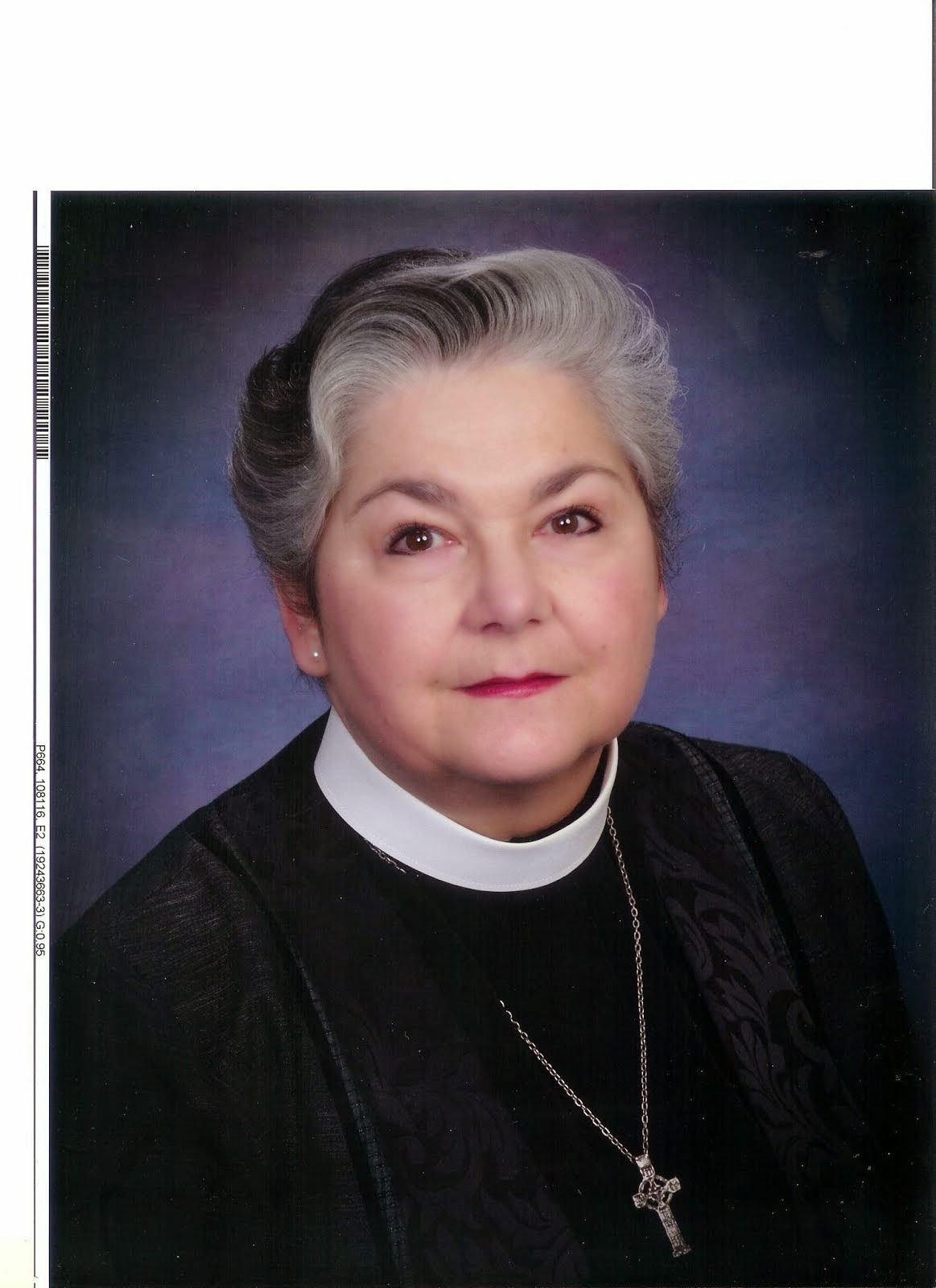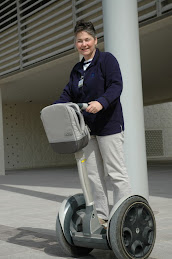In our Old Testament reading today, we hear the story of the great prophet Elijah, at the end of his life serving as God’s prophet in difficult times. His protégé, Elisha, is with him, as the great prophet tries to get some “alone time.” Elijah keeps trying to get Elisha to stay put. Elisha keeps insisting on accompanying Elijah on this final journey. So Elijah goes first to
Poor Elijah! If he had hoped for a quiet solitary moment to reflect at the end of his ministry, Elisha is determined to prevent it. They come to the edge of the
Elijah knows that the time of parting is near, so he looks at this young prophet-to-be who insisted on accompanying him on this final journey and says, “Before I go, what do you want me to leave to you?”
A difficult question, isn’t it, when you don’t know what your successor will ask for? A difficult question, when you don’t know what your forebear will be willing to give? Each of us wants to leave a legacy that will be cherished, and when we ask that sort of question, we hope the person we ask will request something that is meaningful and representative of the relationship we have. We want to leave a legacy that makes sense, that is truly a double-portion.
The news earlier this week was of another kind of legacy. A woman who was dying of cancer was quite wealthy. After her death, it became known that she was leaving the bulk of her estate to her little
It is still unclear what will happen in this particular case. Will the dogs get the millions? Will the bodyguards who prevented the son from seeing his mother at the end of her life be proven to have coerced her somehow to include them in the will? Will the son be shown to be a venal grasping fool?
I wonder what would have happened if things were a little different. If, perhaps, he had been able to spend time with her, if he had asked her what her wishes were, what her hopes were for the vast fortune that she had. Might she have said, “I’m worried about the dogs. Who is going to care for them?” Might she have said, “I don’t want everyone to fight over the money – I just want to reward those who have stuck by me through this terrible illness.”
What would have happened if she had said to him, “Before I go, what may I do for you?”
Somehow, I doubt his request would be for “a double measure of your spirit.” Something so ephemeral, so difficult to measure or count – this doesn’t seem like the thing that this particular young man would be interested in. The only legacy with which he was concerned was the one that goes away quickly and with little result – cash.
But that ephemeral spiritual gift was what Elisha was asking for. He was not asking for twice Elijah’s power. What he was asking for was Elijah’s blessing indicating that Elisha held the position of his firstborn son, because in ancient times, that is what a double portion inheritance would mean. He wasn’t asking for more of everything so he, Elisha, would be enriched with power. He was asking for his spiritual father’s love as he knew Elijah would soon leave him. And Elijah, willing as he was, could not guarantee it, because the spirit comes only from God. Elisha might receive it, if he saw Elijah being taken by God, but even if he was present, would it really happen? Elijah departed in a whirlwind, in a fiery chariot, not knowing what would happen to this young man whom he had grown to cherish, this Elisha who was now crying out for him, “Father, father – abba, abba!”
Nor did Elisha know what the future might bring. He crumpled to the ground, tearing his clothes in mourning. But then he got up and picked up Elijah’s cloak, which had fallen to the ground when the great prophet was lifted up in the chariot. He walked to the edge of the water. Would the mantle work? Had he been given the double portion of the spirit from Elijah and from God.
He hit the water with the cloth, and it parted, so that Elisha could cross over.
The gift that Elijah gave to Elisha was not power…it was a double portion of faith in him, that he could continue the work that God had commanded, work that Elijah would not live to see. For that matter, it was work that Elisha would not be able to complete. It was the legacy that would only be fulfilled when Jesus came, the Paschal Lamb who would redeem us all. It was a transition of hope, that moment when Elisha took up the mantle and struck the water with it, and crossed over. He had received the legacy he had requested.
It is an odd thing, this religion business. So much of what we do has to do with transitions and with hope. Whether we are talking about changes of leadership in the parish, or planning for building, it usually involves self-sacrifice, challenges, problems that may or may not be resolved. Think about the Cathedral of
I wonder if the people who helped begin construction on the great cathedral – the donors, the clergy, the workmen, had any idea what that place would look like when it was fully built? I would expect that they had hopes and dreams of what that massive house of God would someday be. They knew, like Elijah, that they would leave before it was completed. They did not know how the design would be modified from the original plans over the decades. They did not know that the fire would require that the building be closed for repair for several years more than a century after the work first started. But they knew that God intended this work for God’s purpose, and they knew, like we do, that God has a different sense of time than we human beings do. So generation to generation of laborers, of priests, of parishioners, each did their part, and said to the next generation, “tell me what you would like me to leave to you?” And the answer was always the same, “give me the spirit – the double spirit – to continue this work, to complete the work that God has set for us.”
This was their answer not because they thought they would be around to see it finished, or that their families would benefit from it as a completed building.
No, they knew that they were working in God’s time, so that the work and the building were a legacy for future generations.
Such a different view of legacy, and what is truly important, than that of the woman and her dogs and her son!
In the two months since I first came here, I’ve heard so many stories about this beloved parish, and of its various transitions. The move from
Faithful people of God, laypeople and clergy alike, worked and continue to work together to build this place, not as a building project anymore but as a place where we grow into ever-deeper relationship with Christ, and where we invite others to become part of the Body of Christ. People of God hope for continued strength – a double portion of the Spirit – to guide us in that work. And the remarkable thing is that we do not do it because we think it will personally benefit us. It may not even benefit our children, because the work is marked in God’s time, not human time. But it will benefit future generations. Our work together, you and I, is to build this parish in the Spirit, so that each person who walks into those church doors for the first time will say, “I feel something here – something special – and I want to participate in this!” So together we will put our hand to the plow. We will not look back, except in a prayer of thanks for those who have gone before, and who have bequeathed us that double portion of the Spirit. And each of us will do our part in the work of building this parish and the
This is the legacy that we leave. It is not measured in mere numbers. It is measured in the depth of our faith and our love of God, in the work that we do to make this parish, this community and this world to be all that God has planned for it. There will be no battles over this legacy, there will be only joy in the knowledge that this is the work we are all called to do.
So my question now is this: how will you live this legacy today and tomorrow and in the years to come? You’ve been given that double portion of the Spirit. How will you use it?
Amen.







No comments:
Post a Comment